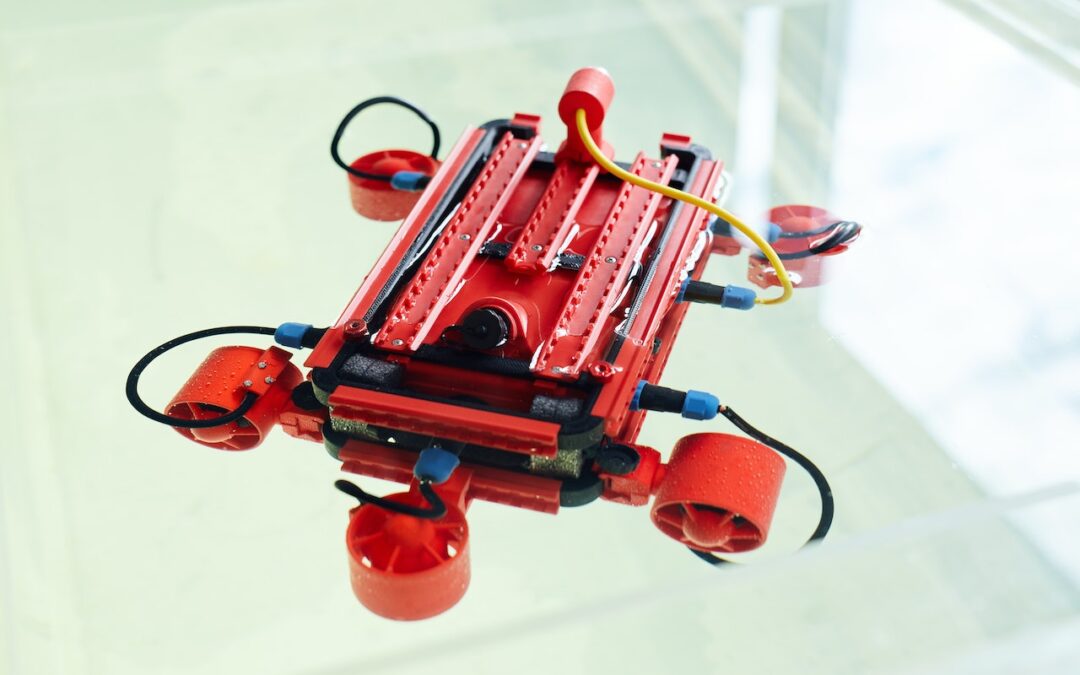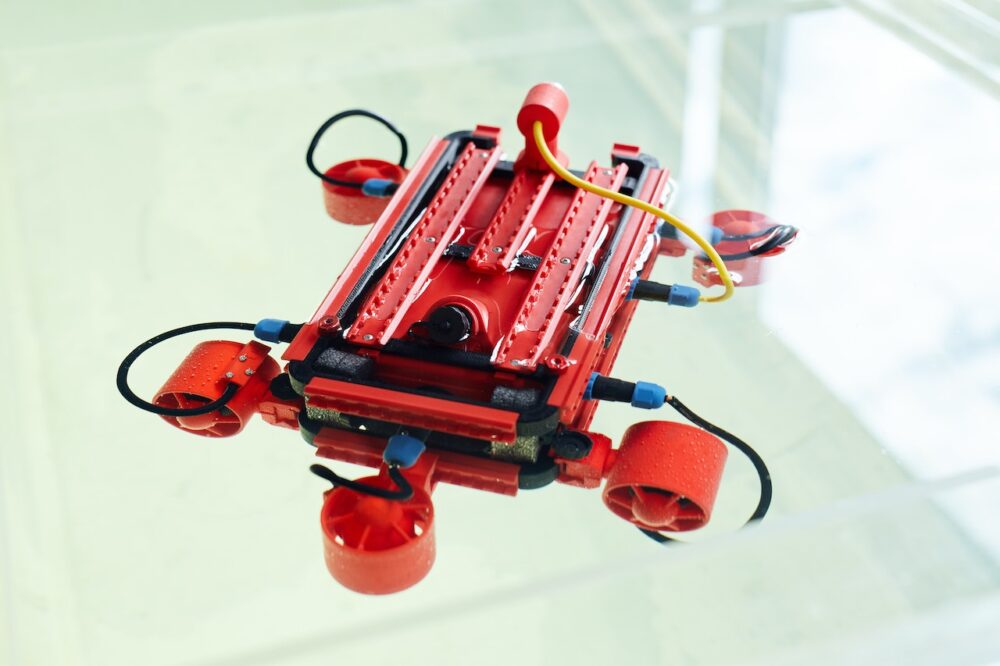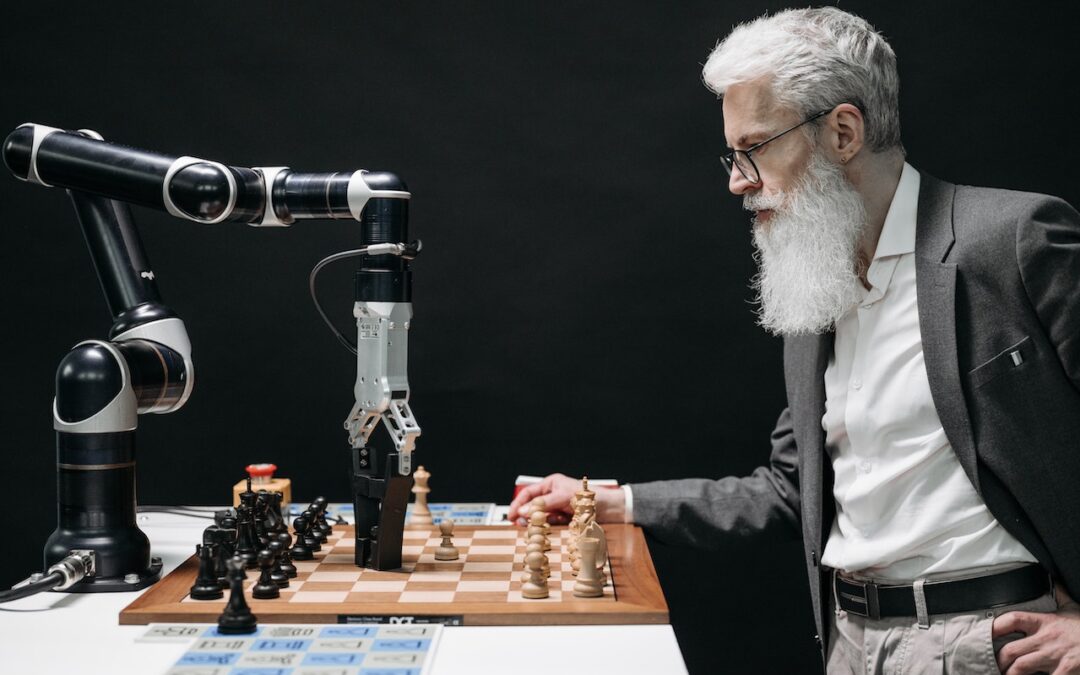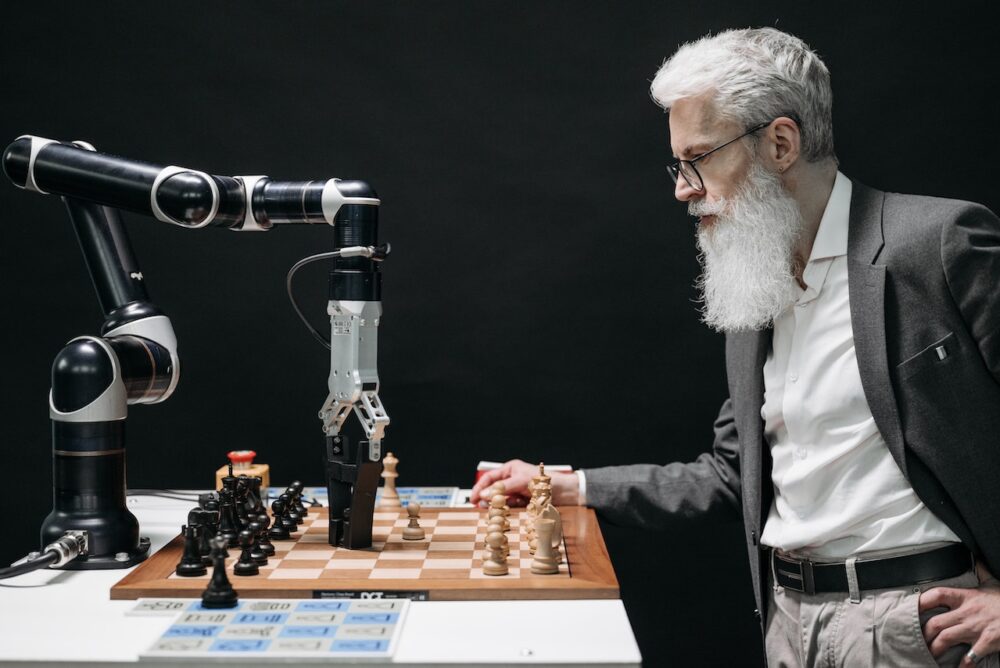
Navigating the Evolving Perception of Goals: Unraveling the Intricacies of Underperformance
Navigating the Evolving Perception of Goals: Unraveling the Intricacies of Underperformance
When it comes to achieving goals, particularly in a business context, the stakes can be high. We often link success to the attainment of specific objectives or quotas, creating a sense of urgency and importance.
However, when these targets are not met, it’s crucial to take a step back and understand the broader picture rather than hastily pointing fingers at those responsible for execution.
“Success is a blend of proper planning, realistic goals, optimal timing, and favorable conditions. The ability to dissect these elements and discern where the problem truly lies is the mark of a visionary leader.”
This blog post aims to guide leaders in asking themselves insightful questions and analyzing situations when goals aren’t being met.
Are the Goals Realistic?
The first area to evaluate is the goals themselves. Are they realistic? Do they consider the nuances of the industry and market fluctuations? The determination and resilience of a team can be admirable, but when the goalpost is set too far, even the most seasoned professionals may struggle.
If the team has a strong historical track record of success, it could indicate that the goal or quota might not be achievable under present conditions. In such situations, reassessing the goals and aligning them with the realities of the market may be necessary. Remember, a goal is not set in stone; it is a guidepost, adaptable based on circumstances.
Have You Planned for the Unexpected?
The best-laid plans often go awry, courtesy of the unpredictable nature of business. It’s essential to have a plan, but it’s equally crucial to plan for the unknown.
External factors, such as a soft market, can influence a project’s trajectory. When faced with unforeseen conditions, the initial reaction may be to fault the execution team. However, leaders should instead question if they had factored in potential market downturns or disruptions into the planning process. A plan that fails to account for variability is half-baked at best.
Is the Timing Right?
Timing can be a game-changer. A brilliant idea launched at the wrong time could flounder, while a mediocre concept introduced at the right moment might soar. As a leader, evaluating the timing of your goals is as important as setting them. If a goal isn’t being met, consider whether it was launched at an opportune time.
Reflect on the external environment and internal dynamics. Were there significant shifts in the market around the time the goal was introduced? Were there internal challenges, such as organizational changes or restructuring, that could have impacted the focus or morale of the team?
Are You Asking the Right Questions?
Lastly, when a goal isn’t met, the response should be an inquiry, not an inquisition. Leaders need to engage in a constructive dialogue, asking explorative questions that encourage introspection and learning.
Try to avoid blame-oriented questions like “Why didn’t we achieve our goal?” Instead, opt for growth-oriented ones such as “What can we learn from this experience?” or “How can we improve our planning and execution in the future?” This reframing stimulates problem-solving and innovation, rather than perpetuating a blame culture.
“The underachievement of goals can often serve as an opportunity for leaders to reassess their approach towards goal setting, planning, and response to changing market conditions. It’s a chance to embrace a holistic view, shifting the focus from blame to understanding, from stagnation to growth.”
The path to success is seldom linear, and underperformance can be a steppingstone, not a stumbling block, if navigated wisely. Remember, a wise leader doesn’t just lead a team to reach goals; they navigate the team through the intricacies and dynamics of the journey towards those goals.
Reflecting on the Path Forward
In the dance of goal setting and achievement, it’s essential to remember that not every miss is a failure but rather an opportunity for reevaluation, learning, and growth. This blog is designed to encourage exploring the critical aspects that leaders should consider when their team’s performance does not meet the set targets: the realism of goals, planning for unpredictability, timing, and the quality of questions asked.
Successful leadership isn’t about relentlessly pursuing the attainment of rigid objectives. Instead, it is about understanding the fluidity of business landscapes, being open to adjust plans and targets, and appreciating the journey just as much as the destination. Leadership is about guiding a team through the complexities of a project, the nuances of an industry, and the undulations of the market — not just steering them towards an arbitrary finish line.
When goals aren’t met, it’s a signal to leaders to reassess. It’s an invitation to delve deeper into the causes, scrutinize the realism of the objectives, evaluate the timing, and assess the efficacy of planning. It’s an opportunity to move away from a culture of blame to one of understanding, fostering a healthier and more dynamic working environment.
In the face of underperformance, the kind of questions leaders ask can make all the difference.
“By shifting from blame-oriented to growth-oriented queries, leaders can inspire introspection, problem-solving, and innovation, ensuring the team evolves and becomes better prepared for future challenges.”
Conclusion
The path to success is a winding road with inevitable ups and downs. Underperformance, seen through a constructive lens, can be a steppingstone leading to better strategies, enhanced understanding, and ultimately, to a more robust framework for future success.
As leaders, it’s our responsibility to lead with flexibility, adaptability, and a learning mindset, turning every stumble into a stride towards success. Embrace the journey, for it’s there we find the most valuable lessons.
After all, leadership isn’t just about reaching goals; it’s about navigating the ever-changing terrain that lies in between.














Recent Comments